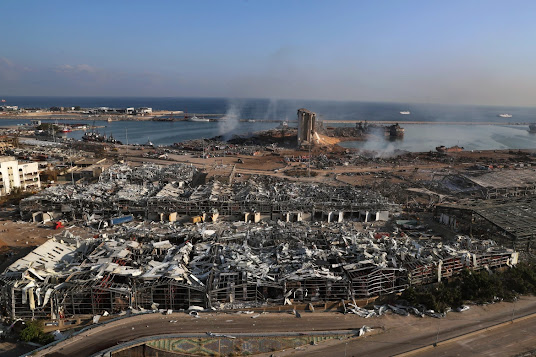 |
| THREE POWERWALLS: Each of the Tesla home batteries I had installed in March 2019 at my New Jersey home stores roughly 13.5 kWh of energy generated by my solar panels. |
By VICTOR E. SASSON
EDITOR
HACKENSACK, N.J. -- When you purchase home batteries to store energy from your solar panels, Tesla doesn't promise you a rose garden.
In other words, Tesla says the Powerwall 2, as the latest version is known, allows you "to reduce reliance on the grid and run your home off solar day and night."
So far this year, I paid a service charge of $4.95 -- but nothing for electricity -- in each of 4 months to run a house of more than 3,000 square feet with central air conditioning and to charge my Tesla Model S roughly once a week.
You pay for 'delivery'
But in the other 3 months, my bill for electricity and delivery has totaled $90.02 (for Jan. 7 to Feb. 4, 2021); $181.08 (Feb. 5 to March 8) and $96.35 ( July 8 to Aug. 5, 2021).
The most recent bill shows a charge of $65.57 for electric supply and $30.78 for "delivery."
Still, my batteries have kept my house running during every power outage in my neighborhood since they were installed in March 2019.
No night rates
We get a lot of rain and snow in northern New Jersey, and my solar panels often generate little or no electricity for my storage batteries, meaning I draw a lot from the grid.
My utility doesn't pay me for excess power or have lower rates for electricity at night.
If I generate more than I use, those kilowatt hours go into a "bank" that I can draw on later.
Hooray for SRECs
In fact, the key to eliminating your electric bill in the Northeast is not just solar panels and Tesla batteries that store the electricity they generate.
I earn Solar Renewable Energy Credits or SRECs, which go only to those who, like me, own their solar systems.
I can sell those credits to my utility through a middleman.
The certificates are worth roughly $223 each (I recently sold 5), down from a high of $600 each after I had solar panels installed in 2009.
For a second, smaller solar system I had installed in 2012 with a loan from my utility -- PSE&G -- I am repaying the loan with SRECs that are valued at $400 each.
READ: The best and worst of Tesla
 |
| SOUTHERN EXPOSURE: My home has a southern exposure, meaning the sun shines on my solar panels through the day. |

